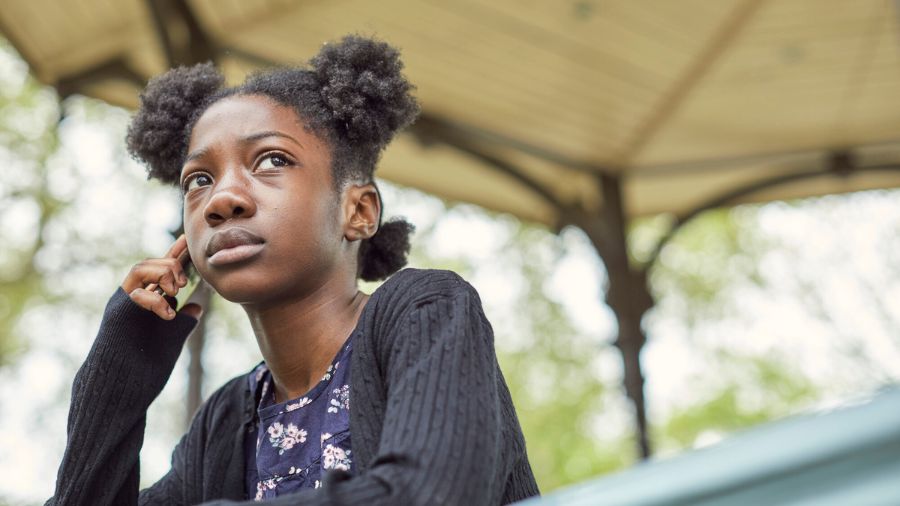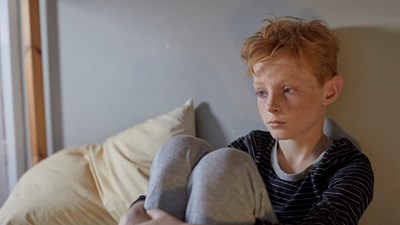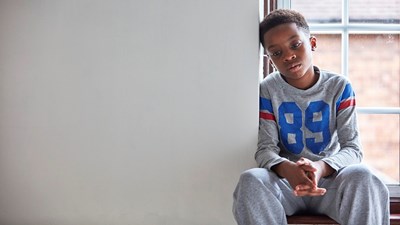The letter to the Prime Minister from survivors of abuse
A group of survivors of child sexual abuse, gendered violence and online misogyny have urged the Prime Minister to strengthen the Online Safety Bill to protect women and girls.
The women have written to Rishi Sunak as the legislation is debated in the House of Lords.
What the letter is calling for
The group are asking the Prime Minister to back an amendment that would force tech companies to tackle Violence Against Women and Girls (VAWG) and ensure the risks women and girls face do not continue to go unaddressed.
The signatories include former Love Island star, Refuge Ambassador and host of Girls Know Nothing podcast Sharon Gaffka, as well as broadcaster and NSPCC Ambassador for Childhood Charlie Webster. Natasha Devon MBE, a Glitch ambassador writer, presenter and activist, has also signed.
The letter was drafted by survivors of grooming, harassment and intimate image abuse who want the Online Safety Bill to include a mandatory VAWG Code of Practice so tech companies have a legal duty to fight violence against women and girls on their sites.
The Online Safety Bill
The Prime Minister has recently spoken about his support for the Online Safety Bill as a parent who became more aware of online risks when his daughter got her own phone and previously said: "Sexual violence against women and girls should be treated as a national emergency until it has been defeated."
There is currently no mention of VAWG in the Bill’s 260 pages.
The campaigners wrote in the letter:
"Our experiences include online grooming, child sexual abuse and exploitation; intimate image abuse, blackmail, the receipt of unsolicited intimate images from men; and misogynistic abuse and threats of physical violence, including rape. VAWG online is a pervasive and growing threat that impacts too many women and girls across the UK."
The role of social media in spreading abuse
Increasing levels of gendered abuse and misogyny across social media have been typified by figures like Andrew Tate growing in prominence, largely due to aggressive algorithms helping his content go viral.





